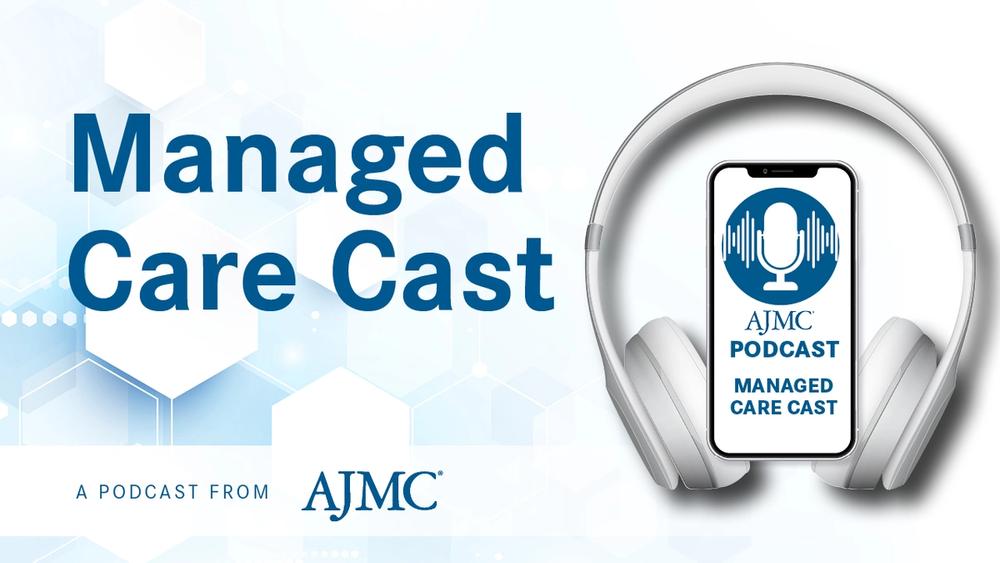Commentary
Article
Isatuximab Approval Highlights Role of Anti-CD38 Antibody in Myeloma Care
Author(s):
On September 20, the FDA approved isatuximab plus bortezomib, lenalidomide, and dexamethasone in the first line for patients who have multiple myeloma and are ineligible for transplant.
On September 20, the FDA approved isatuximab (Sarclisa; Sanofi-Aventis) plus bortezomib (Velcade; Takeda), lenalidomide (Revlimid; Celgene), and dexamethasone (VRd) in the first line for patients who have multiple myeloma and are ineligible for transplant. This approval came a full week ahead of the expected Prescription Drug User Fee Act date of September 27 and was based on data from the phase 3 IMROZ trial (NCT03319667).
Here, Surbhi Sidana, MD, MBBS, vice chair of the American Society of Hematology’s Committee on Communications and associate professor of medicine and director of the Myeloma Disease Focused Group at Stanford University, discusses the significance of this new indication in the context of knowledge gained from several benchmark clinical trials.
This transcript has been lightly edited for clarity.
Transcript
How does the new isatuximab approval address treatment gaps for transplant-ineligible patients?
We typically have historically defined myeloma patients who are newly diagnosed into 2 categories. Transplant eligible, or patients who are deemed fit for transplant, and the transplant ineligible, or patients who are not deemed fit for transplant—either they have comorbidities or they're elderly and frail—and this is a rapidly evolving definition. But for the purposes of clinical trials, this is how we divide the patients. Sometimes for transplant-ineligible trials, we also include the terminology of transplant-deferred patients who did not want to transplant in that category, and that's an important distinction to make when you look at 2 clinical trials and compare them.
So the IMROZ clinical trial, which compared isatuximab, an anti-CD38 monoclonal antibody, bortezomib, lenalidomide, and dexamethasone—so a quadruplet regimen containing anti-CD38 antibody plus VRd, which is one of the standards of care that has been around for a long time—had a positive study. The results were presented by Dr Facon [Thierry Facon, MD, Lille University Hospital] at the ASCO meeting and published in The New England Journal of Medicine.
I will summarize the results for our audience. This was a very large trial. This was a trial of several hundred patients that randomized the patients 3:2 into the 2 arms. And at the time of progression, patients who were not randomized to isatuximab could get isatuximab as well. Patients were randomized to get a quadruplet or a triplet, and they all got 24 weeks of intense therapy with the quadruplet or triplet. After 6 cycles, which is 24 weeks, 6 months, the bortezomib was dropped.
What we found was the response rates, particularly MRD [minimal residual disease] negative rates, were much deeper in the quadruplet arm. The progression-free survival [PFS] was significantly superior in the quadruplet arm, with a hazard ratio of 0.6 at 5-year median follow-up. The 5-year PFS rate was [63.2%] in the quadruplet arm and 45% in the triplet arm.
So, what does this tell us? That patients who got a quadruplet did much better. This is exciting to get this approval, but I want to put this in context.
What this really studied was the addition of an anti-CD38 antibody to this triplet. We have some other clinical trials as well that just have the anti-CD38 antibody with lenalidomide and dexamethasone, the MAIA clinical trial [NCT02252172].
So there are 2 standard-of-care regimens that we have for transplant-ineligible patients. One is the VRd regimen that was historically studied in the SWOG S0777 study [NCT00644228], which compared VRd to Rd, and that included both transplant-ineligible and transplant-deferred patients. Here, patients with VRd actually had a benefit in both PFS and OS [overall survival], and the PFS in the VRd arm was 43 months. That's one trial. Then a few years later came along the MAIA clinical trial, which compared Dara-Len-Dex [daratumumab/lenalidomide/dexamethasone (DRd)], another anti-CD38 antibody, to Len-Dex. And here, the PFS was superior, the overall survival was superior. And really that established, it was so much significantly—cross-trial comparisons aside—better and was better tolerated. Because the issue with bortezomib is peripheral neuropathy, that for most of us, we use Dara-Len-Dex, an anti-CD38 antibody triplet, as our standard of care for transplant-ineligible patients.
Now, is there a subset of patients where VRd is better than DRd? Nobody really knew, but this trial can't really answer that question. But what this did is, to add to the VRd, an anti-CD38 is critical.
What I take together with all of these trials is that an anti-CD38 antibody during treatment for patients with transplant-ineligible myeloma is critical. We're also seeing parallel results for transplant-eligible myeloma with the PERSEUS trial [NCT03710603], where a quadruplet did better than a triplet, where an anti-CD38 had similar response rates. What this doesn't tell us is, how much does the addition of bortezomib play a role here? So, yes, everybody should get an anti-CD38, Len, and Dex. This trial can't answer the question of bortezomib. There are other clinical trials, like the BENEFIT trial [NCT04751877], trying to answer that question that we will find out the results of for PFS in the future. One of the French hematologists, Dr Xavier Leleu [Xavier Leleu, MD, MSc, PhD, Poitiers University Hospital], presented the results of the BENEFIT trial at ASCO, looking at MRD negativity.
And yes, adding Velcade [bortezomib] to Isa-Len-Dex [isatuximab-lenalidomide-dexamethasone] improved MRD negativity. So far, no difference in PFS. So, it's a complicated field, but what we know for sure is that an anti-CD38 antibody-based regimen is very important for patients. What does bortezomib add to it? The future will tell us.
Newsletter
Stay ahead of policy, cost, and value—subscribe to AJMC for expert insights at the intersection of clinical care and health economics.





